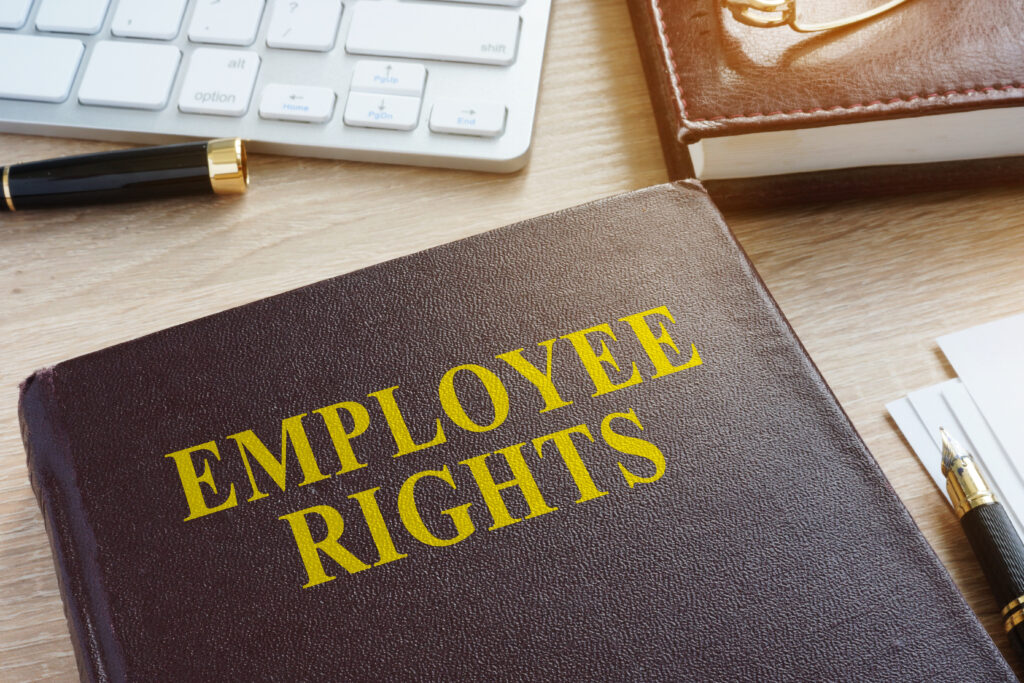In the case of R v Andrewes [2022] UKSC 24, Mr Andrewes was appointed into a CEO position, after falsely claiming he had the appropriate qualifications and relevant experience. This included stating that he had a PhD. He was appointed in December 2004 and remained in that role until March 2015.
When the discrepancy with his qualifications was discovered, Mr Andrewes’ employment was terminated and the matter was also referred to the police. Mr Andrewes pleaded guilty to one count of obtaining a pecuniary advantage by deception and two counts of fraud and he was sentenced to two years’ imprisonment.
The Court was then asked to make a decision about the salary that Mr Andrewes had dishonestly procured. Should he be allowed to keep this, especially in circumstances where he had ostensibly performed the job well, and was regularly appraised as either strong or outstanding? The employer was clear that Mr Andrewes would not have been appointed had the true position about his qualifications been known.
Under the Proceeds of Crime Act 2002 (POCA), a Court can also make a confiscation order to prevent an offender from benefitting from his crime. The Crown sought such an order in the case of Mr Andrewes, and the question for the court was whether a confiscation order should take away all earnings (net of tax and national insurance) or would that be disproportionate.
It was established that Mr Andrewes’ net earnings during the relevant period of employment were £643,602.91. The amount of £96,737.24 was calculated by the Court as being an appropriate amount and the judge ordered confiscation of that sum.
Mr Andrewes appealed to the Court of Appeal, which overturned the original decision and made no confiscation order, holding that it would be disproportionate to impose such an order. The Crown then appealed to the Supreme Court.
The Supreme Court allowed the Crown’s appeal, and the confiscation order was restored. They determined that a confiscation order should strip the profit from the fraudulently obtained employment. The Supreme Court decided that where a reasonably good job had been undertaken for the earnings received, as it appeared Mr Andrewes had done in this case, it would normally be disproportionate under POCA to confiscate all the net earnings made. However, it would be proportionate to confiscate the difference between the higher earnings made as a result of the fraud and the lower earnings that Mr Andrewes would have made had they not committed the fraud.
The Supreme Court therefore reinstated the confiscation order for £96,737.24 as this represented the difference between Mr Andrewes’ pre-appointment earnings and his post appointment income.
This decision comes as a useful reminder to employer to make sure that they fully check and establish that the qualifications an employee has they hold, are true and accurate to avoid such a situation arising in the first place. This is especially important, as not all employers will be so lucky and appoint someone who performs the role relatively well, notwithstanding the lack of required qualification, which could lead to loss and damage to the employer.
It is also a useful reminder that there is recourse against the individual who has benefitted from their deception and fraud, and they will not be permitted to keep all their earnings, just because they managed to perform the role to a reasonable standard.
This reflects the law at the date of publication and is written as a general guide. It does not contain definitive legal advice, which should be sought as appropriate in relation to a particular matter.









